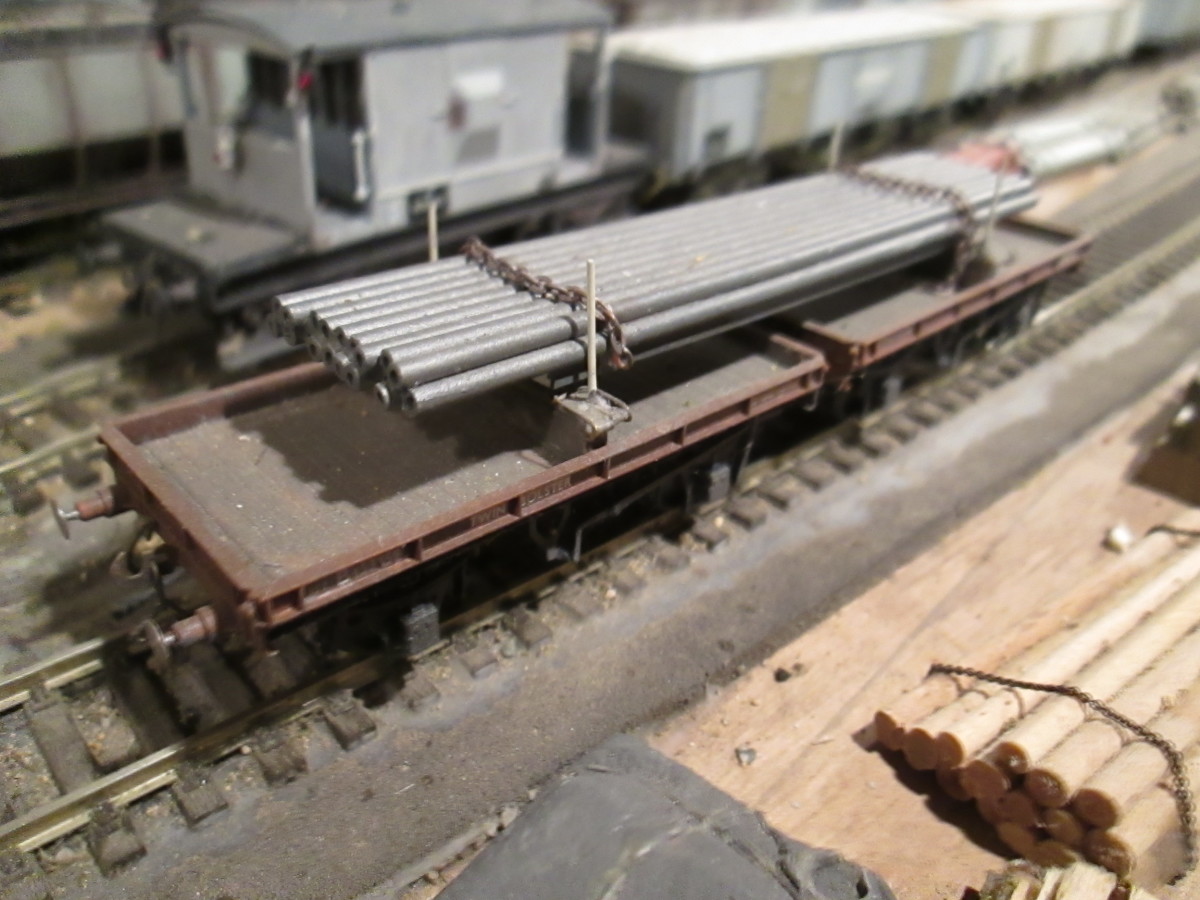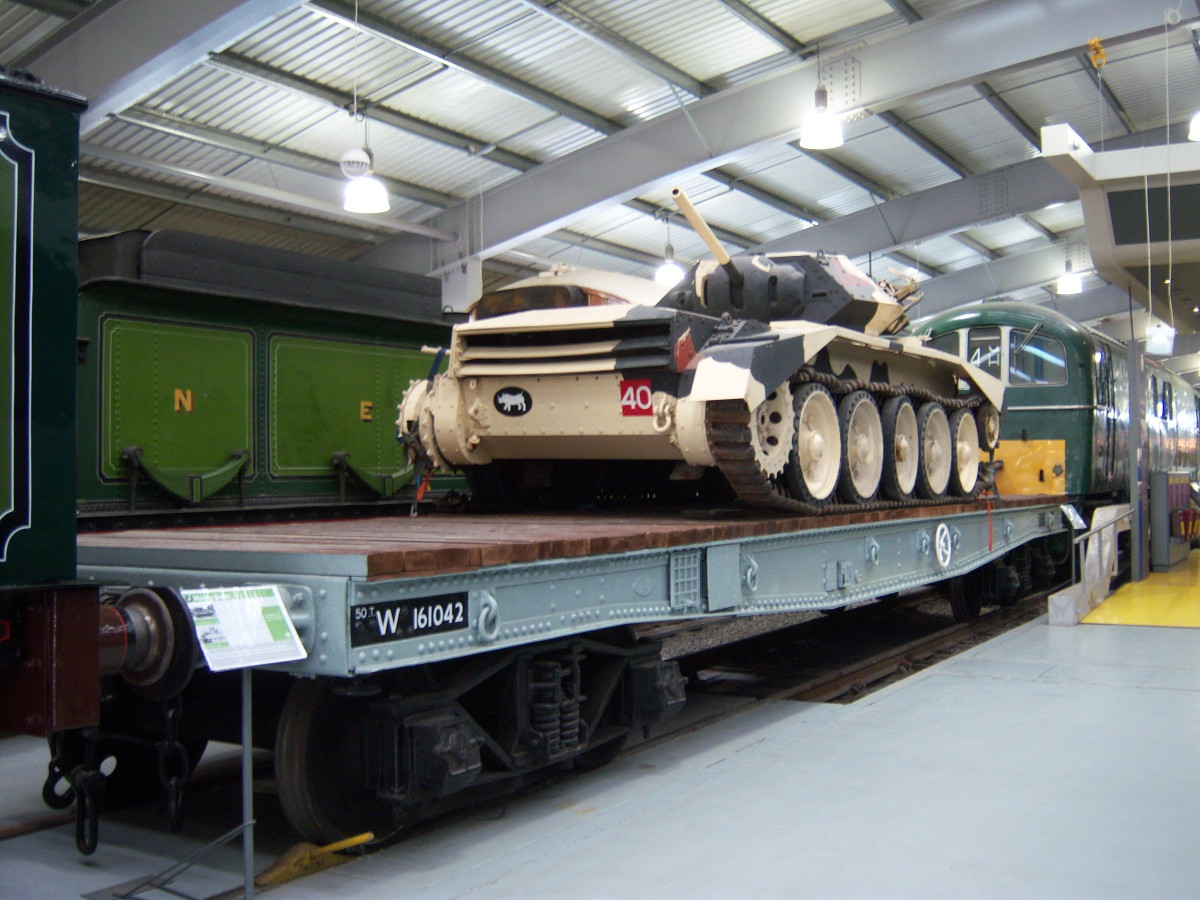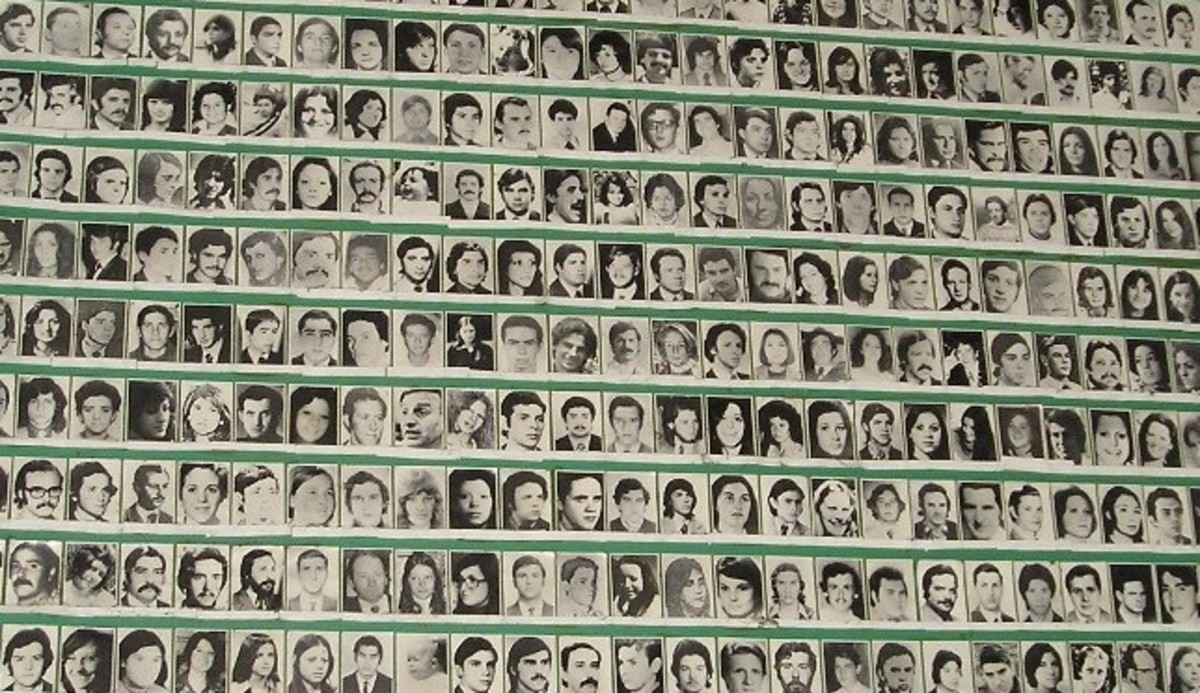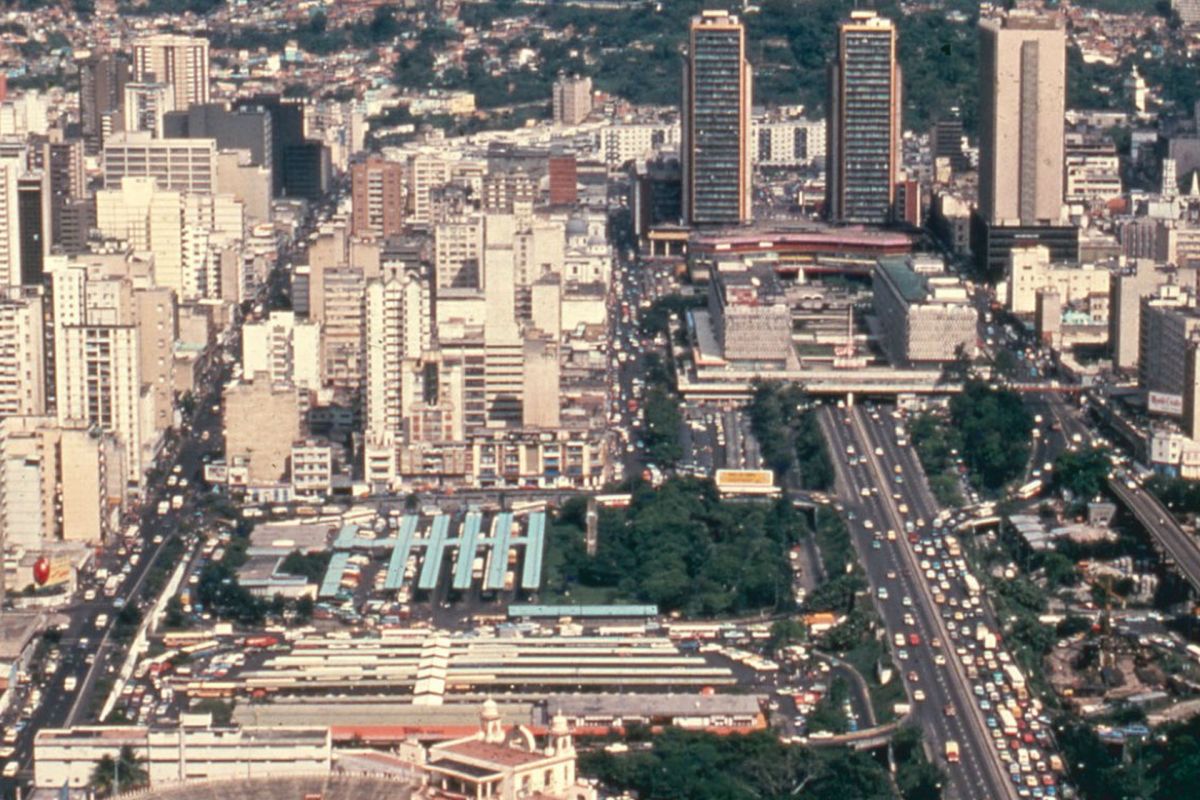On Venezuela energy, financial and departmental mess: an analysis of the causes
Big inflaction might create public disorder
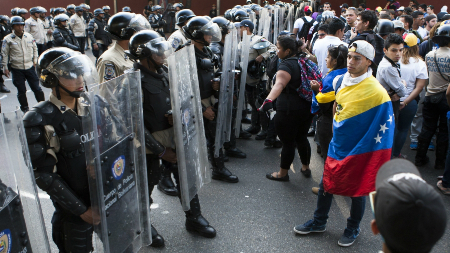
Water plant "Simon Bolivar" commonly known as Guri Dam
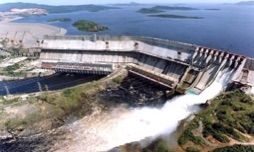
Venezuela food shortages: 'No one can explain why a rich country has no food'
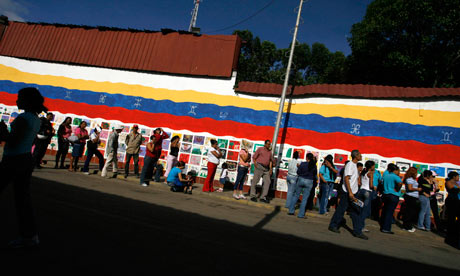
Have you ever asked yourself what is like to live with no cash machine in your city, your fridge turned off 4 hours per day and the public offices supplying their services just 2 days a week?
People are angry against present goverment but it seems like causes do date back to the first years of the current millenium, when big choices have been taken.
If we want to find a person that's responsable for that, Ugo Cavez is the main initiator of the present policy.
For what we do know, symptoms of this real crunch that affects one of the most relevant and emblematic nations of the continent, basically are:
1 hard inflaction, it takes a hundred unit of the local value to buy a cigarette
2 lack of energy, the Guri Dyke rests at minumum levels and it discharges the 70% of the national need
3 lack of food, which is a consequence of the first two insufficiencies as food needs to be cooled, shifted and bought
Chavez was elected in 1999 and its policy was mostly based on socializing and equalizing profits from oil industries (Venezuela is a big oil producer and OPEC member).
First element mining Venezuela stability was world financial crisis.
Second was the downfall of oil price. After its stunning decline from over $100 a barrel to below $50 in the spring of 2015 several companies are close to decline and bankruptcy.
And third, El Nino leveled out the national leading power plant.
The energy decline is just the last blow Venezuela has taken, but it can be decisive to its eventual public order crisis.
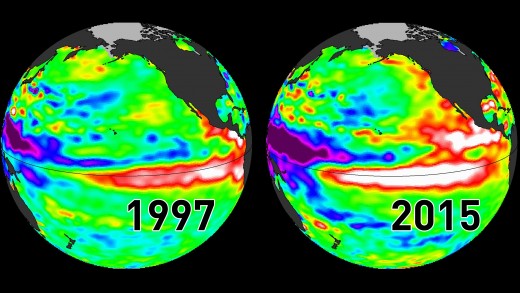
El Nino, a set of athmospherical and climate phenomena mattering ocean water, has got its economic repercussions on agricolture and fishing. The worst consequences are drought and flood in the developing countries of South America and East Africa, weak economies whose governments may not have the strenght to react on them. According to the National Ocean Athmospheric Adiministration studies, the present cicle of El Nino is the worst the world have faced since El Nino started 45 years ago.

